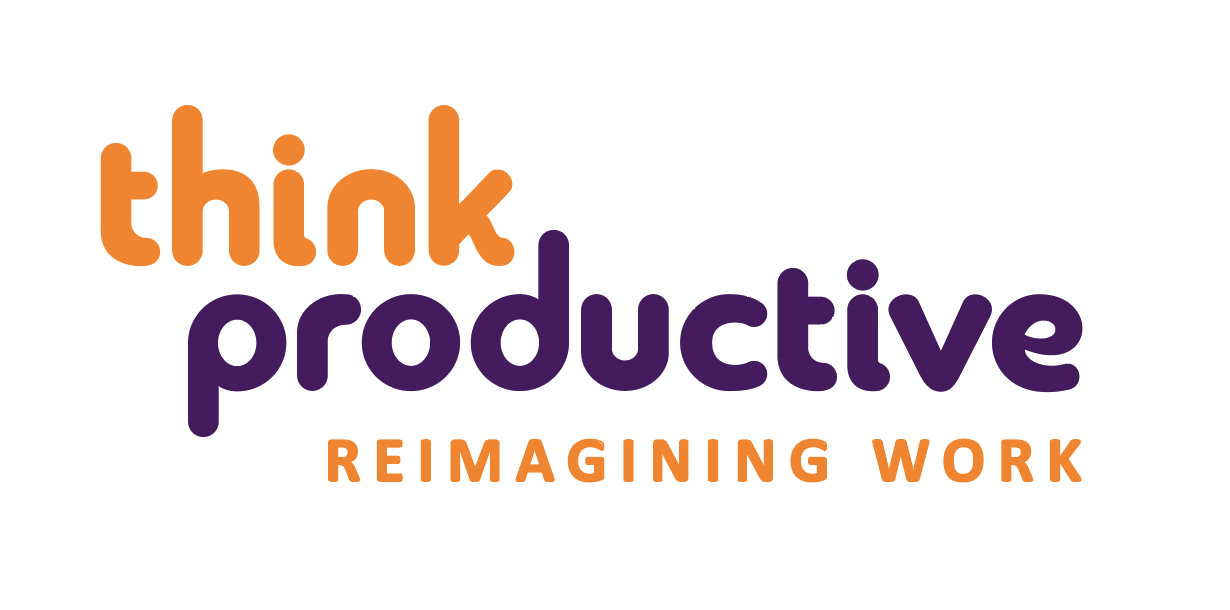Grace Marshall is our Productivity Ninja for the Midlands
She blogs at https://grace-marshall.com/ and can be found on Twitter, Facebook and Linkedin
Writers, ever find yourself procrastinating at that ‘just about to get started’ phase?
You know once you get started and into the flow, you can be totally focused, inspired and creative, but before that holy grail of flow lies a whole minefield of distractions.
This is how author Janice Horton described it to me recently:
“I tend to get immediately side-tracked on my way to my desk and I find that I’m giving other jobs (housework or cooking mostly) priority over what I should be doing (writing my books). It’s as if I have to get the other things out of the way, in order to ‘clear my mind and my workspace’ and concentrate fully on my writing. Often, by the time this happens, I’m physically and mentally tired!”
I know exactly what she means, and I’ve done it myself!
The key I’ve realised is to distinguish between preparation and procrastination. Clearing space both mentally and physically to write can be a really useful thing. But when it takes over and replaces your writing, that’s not so helpful!
The truth is, there’s always stuff to do. There’s always another job to do, another pile to tidy, another thing to remember, if you wait until ‘everything’ is done before you start writing, you’ll never start.
Instead this is what I suggested to Janice:
Decide when you’re going to start writing and commit to it
Give yourself 15 minutes before to get your space in order, and decide what absolutely needs to be in place during that time, (e.g. pen, paper, laptop, cup of tea) and what can wait until later (e.g. laundry, tax form, phoning the bank). Use a timer if you need to.
Keep a tangent log
Sometimes our biggest distractions do not come from our external environment, but from inside our heads, when our brains come alive with ideas, thoughts, and reminders that have nothing to do with the task at hand.
Keep a separate notebook next to you for anything that comes to mind unrelated to your writing. Every time you go off on a tangent write it down – every thought, reminder and idea. This way, you don’t have to keep remembering and you know you can come back to it later. Capture the thought, get it out of your head and keep it free to write.
It takes time to get into new habits, so I suggested that Janice try this for three weeks and see how she gets on. Follow her progress and check out her collection of writer’s top time tips on her blog.
Keep a Tangent Log is just one of the tips I share in my book, 21 Ways to Manage the Stuff That Sucks Up Your Time, a little book that is packed with simple, practical tips and techniques you can put to use straight away, to help you manage the stuff that sucks up your time, and have more time for what really matters.
What are your favourite ways of beating writer’s procrastination?
Leave a comment and let me know what you think!
Try attending one of our time management courses.
Top 10 Tips for Better Writing – Lifehacker



